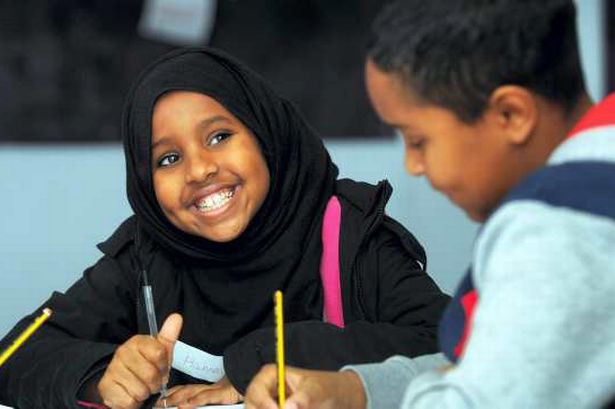Recent reports on education and employment outcomes for diverse communities in England have shown Bristol in a poor light. Why is this? One feature of the challenge chimes with our experience working with the Somali community; if you are Black African, employment and education outcomes are poorer. Our work has shown that across England there are practically no Somalis working in the arts, and arts education does not respond to the specific cultural concerns of the community. Consequently the arts are providing neither a way to engage children and their families in learning nor present the cultural industries as sectors to work in.
It has long been known that soft skills have a major impact on learning and the Education Endowment Fund is investing heavily to quantify this impact. However many families where English is not spoken at home fare badly, due to parents feeling that they cannot help. This is not the case; literacy and numeracy are not dependent on English and so ways to engage families will speed up a child’s cognitive skills and improve learning outcomes.
One of the ways to increase family involvement in learning is by a focus on non language based sharing activity and the arts comes top of the pile as a way to achieve this. But not only will it improve education, but it will open up a whole new world of work opportunities too. Currently the cultural industries are still failing to reflect the increasing diversity in the UK working population, even though “Companies in the top quartile for racial and ethnic diversity are 35% more likely to have financial returns above their respective national industry medians.” – McKinsey report “Diversity Matters”
Its up to the cultural sector, and particularly those involved in policy and research to invest in developing this crucial investment in real cultural diversity if the UK is to continue its global leadership in the arts.

